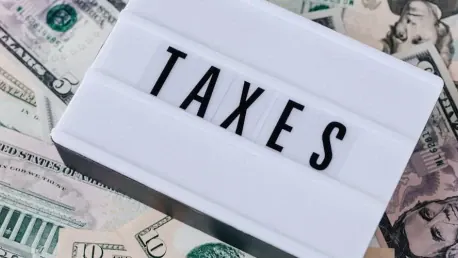
In the aftermath of the 2008 financial crisis, the U.S. government enacted comprehensive regulatory reforms, prominently encapsulated in the Dodd-Frank Act. However, the effectiveness and necessity of these regulations continue to fuel debates among policymakers and economists. Norbert Michel

The intricacies of applying for critical culture funding from the Scottish Government have had substantial negative effects on the mental and physical health of arts workers, affecting organizations across the entire Scottish arts sector. With an application process so demanding it was often

Alberta’s recent tax policies have placed rural municipalities in a difficult position. Deserving of careful consideration, these decisions have pressured local governments, threatening the stability and prosperity of these communities. According to the Rural Municipalities of Alberta (RMA), these

In an ambitious move to enhance the transport infrastructure of Tees Valley, a £1 billion project was launched by Mayor Ben Houchen, initially funded through savings from the cancellation of the HS2 Northern leg. Announced in January, the sweeping plan included 26 transport ventures such as the

The town of Merrillville is taking a bold step to address longstanding infrastructure and safety concerns by proposing a significant revision to its budget for 2025. The proposed changes include doubling several tax levies to better fund critical services and public projects. This initiative comes

The state of Mississippi is at a crossroads, with political leaders deeply engaged in a debate over the potential elimination of the state's personal income tax. This significant fiscal policy change has divided opinions, drawing strong advocacy from some quarters while raising cautionary flags